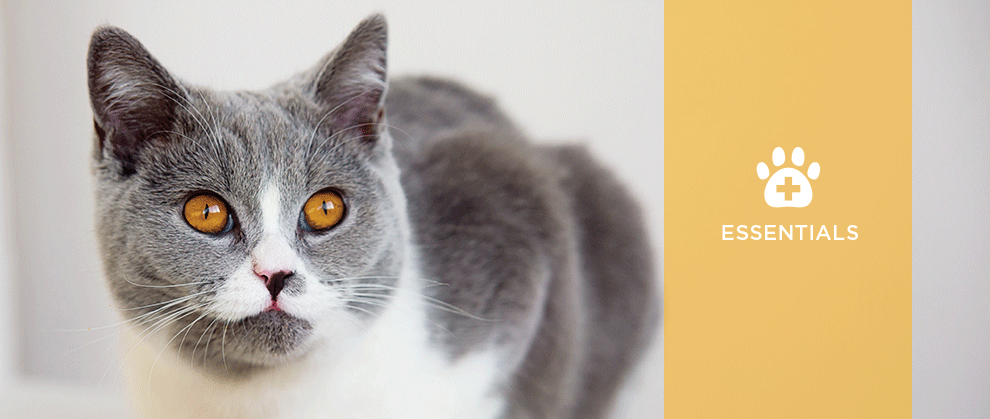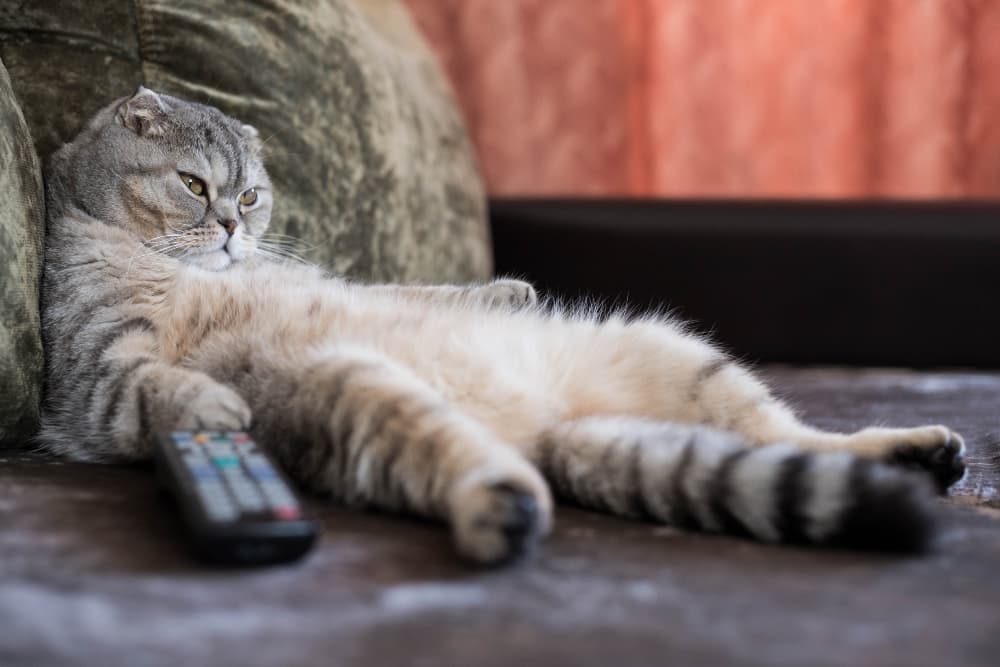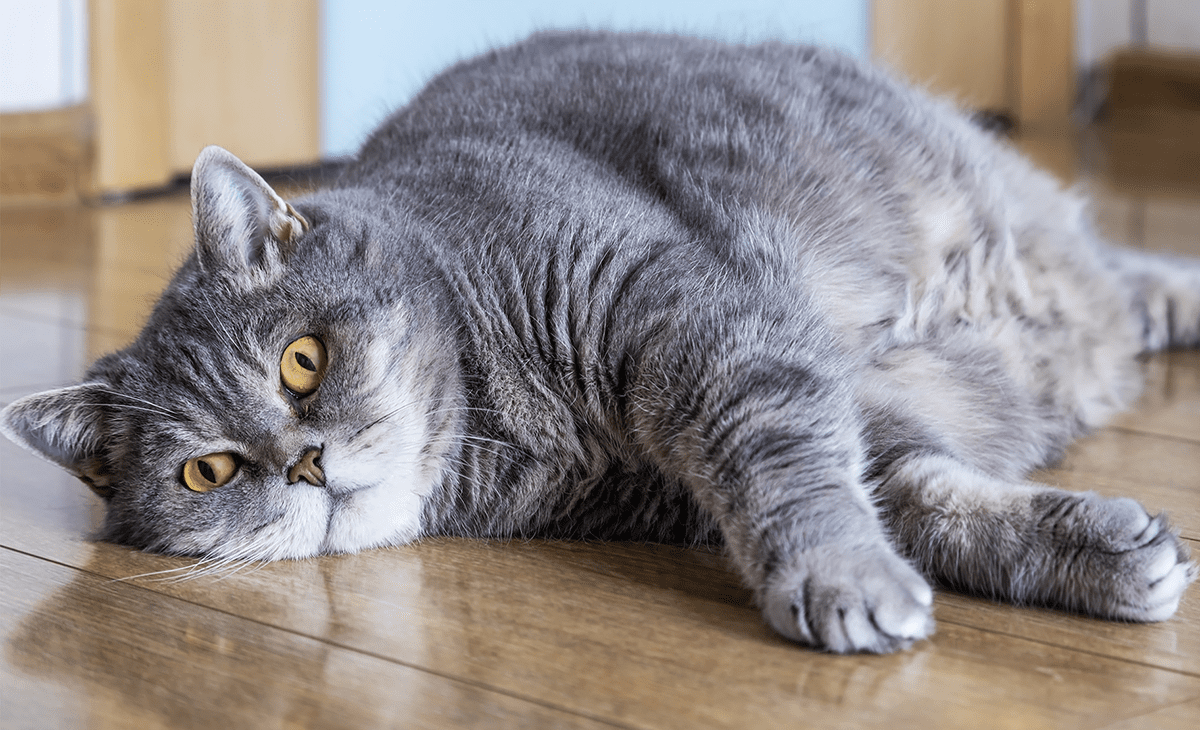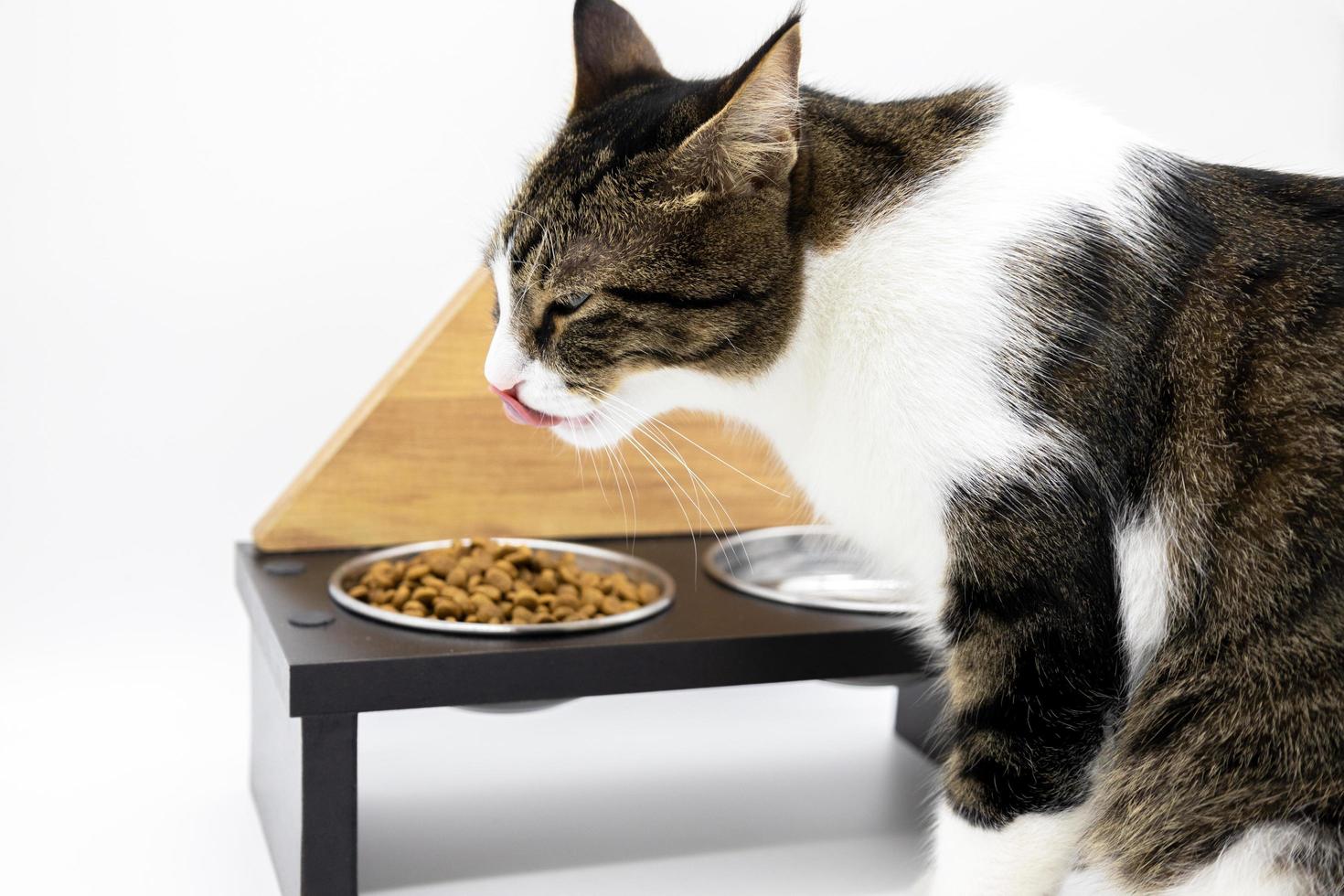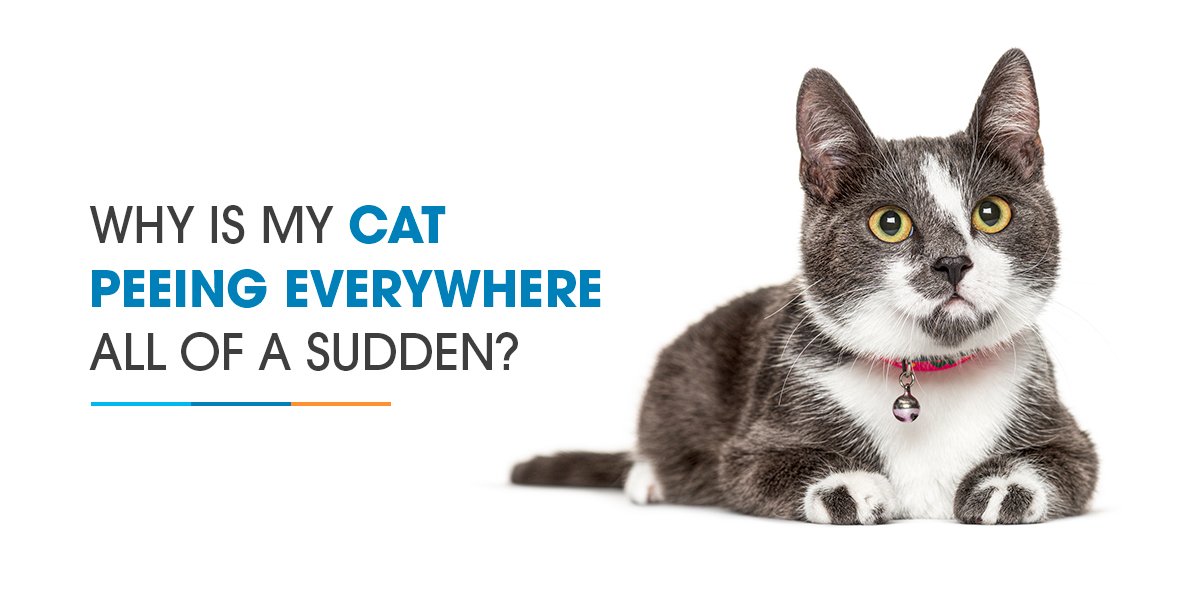12 Essential Nutrients
Cats are curious creatures, and kittens, in particular, are full of energy and playfulness. To keep your feline friend healthy and happy, it’s essential to understand the key nutrients they need in their diet. Providing the right balance of nutrients is crucial for their growth and overall well-being. In this article, we’ll break down the essential nutrients your cats and kittens require.
- Protein:
- Cats are obligate carnivores, meaning they need a diet rich in animal-based proteins. Look for cat food that lists a high-quality protein source like chicken, turkey, or fish as the main ingredient.
- Fats:
- Fats provide energy and support healthy skin and coat. Omega-3 and Omega-6 fatty acids are particularly important for maintaining a shiny coat and overall health.
- Carbohydrates:
- While not a primary energy source for cats, carbohydrates can be included in their diet in moderation. They provide fiber and can help regulate blood sugar levels.
- Vitamins:
- Vitamins like A, D, and E are vital for vision, bone health, and immune function. Ensure your cat’s food contains a balanced mix of vitamins.
- Minerals:
- Minerals such as calcium, phosphorus, and magnesium are essential for bone and teeth health. Balanced mineral intake is crucial for your cat’s growth and development.
- Water:
- Cats can be finicky about drinking water, so it’s crucial to keep fresh water available at all times. Proper hydration is essential for their kidney health.
- Taurine:
- Taurine is an amino acid that’s critical for feline heart and eye health. Most commercial cat foods are fortified with this nutrient.
- Fiber:
- Fiber aids in digestion and helps prevent hairballs. Look for cat food with moderate levels of fiber to keep your cat’s digestive system on track.
- Essential Amino Acids:
- Cats need specific amino acids like arginine, methionine, and lysine, which are found in animal proteins. These amino acids are essential for their overall well-being.
- Antioxidants:
- Antioxidants, such as vitamin C and vitamin E, can help boost your cat’s immune system and protect against cellular damage.
- Prebiotics and Probiotics:
- These help maintain a healthy gut flora and aid in digestion. They can be particularly beneficial for kittens with sensitive stomachs.
- Fatty Acids:
- Essential fatty acids, like arachidonic acid, are crucial for skin health and can help reduce inflammation.
Remember that the nutritional needs of cats and kittens may vary based on their age, size, and activity level. It’s a good idea to consult with your veterinarian to determine the best diet for your specific feline friend. By providing them with a well-balanced diet that meets their nutritional requirements, you can ensure that your cat or kitten enjoys a long, healthy, and happy life.
